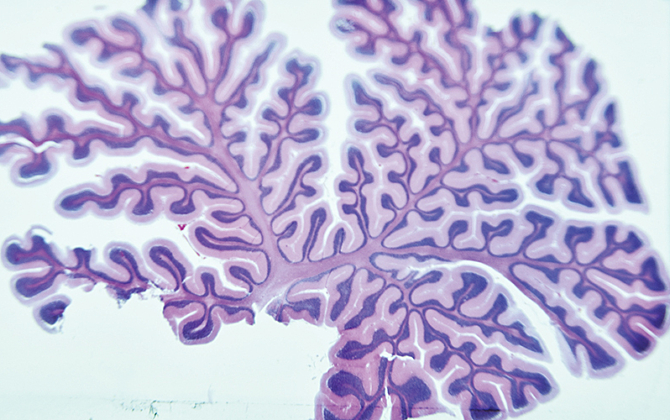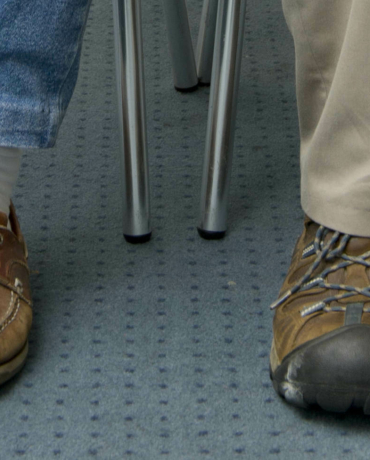Frontotemporal dementia
We are focused on understanding how the brain changes with frontotemporal dementia, as well as the impact of the disease on patients and their families.
We are focused on understanding how the brain changes with frontotemporal dementia, as well as the impact of the disease on patients and their families.

We are also conducting research into the genetics of FTD and designing a clinical trial of a potential treatment to slow the disease.
An essential part of our work is understanding the impact of the disease on the lives of patients and their families.
NeuRA is working as part of the Australian government funded Forefront group, which brings together highly-skilled researchers. The goal is to better understand how Frontotemporal Dementia (FTD) and Motor Neuron Disease (MND) work and develop effective therapies.
Our discoveries, including as part of the Forefront group, have been extensive in understanding the causes and effects of FTD – and better ways to reduce the discomfort experienced by sufferers.
We established rapid, new gene and blood screening techniques, this included identifying neuroimaging and genetic factors in different variants of FTD.
Even more importantly, we have developed treatments and conducted clinical trials. The treatments include two methods to reduce pain in sufferers. In clinical trials, we have discovered that memory can be enhanced for an extended period with cognitive intervention. We are also part of a multinational study and will be able to provide treatment to patients over a 12 months period as part of that study.
Every dollar of community support enables our scientists to continue making life-changing discoveries that contribute to a brighter and healthier future.
Run, swim or bake your way to making a positive difference in the lives of people touched by brain and nervous system disorders.
Stay informed about our latest research breakthroughs, scientific discoveries and the incredible minds behind them – subscribe today.
Neuroscience Research Australia respectfully acknowledges the Bidjigal and Gadigal peoples of the Eora Nation as the Traditional Owners of the Land on which we stand and pay our respects to Elders past and present.
Redevelopment of the NeuRA website has been made possible by the generous support of Conexus Financial.



